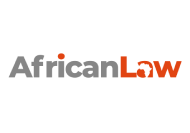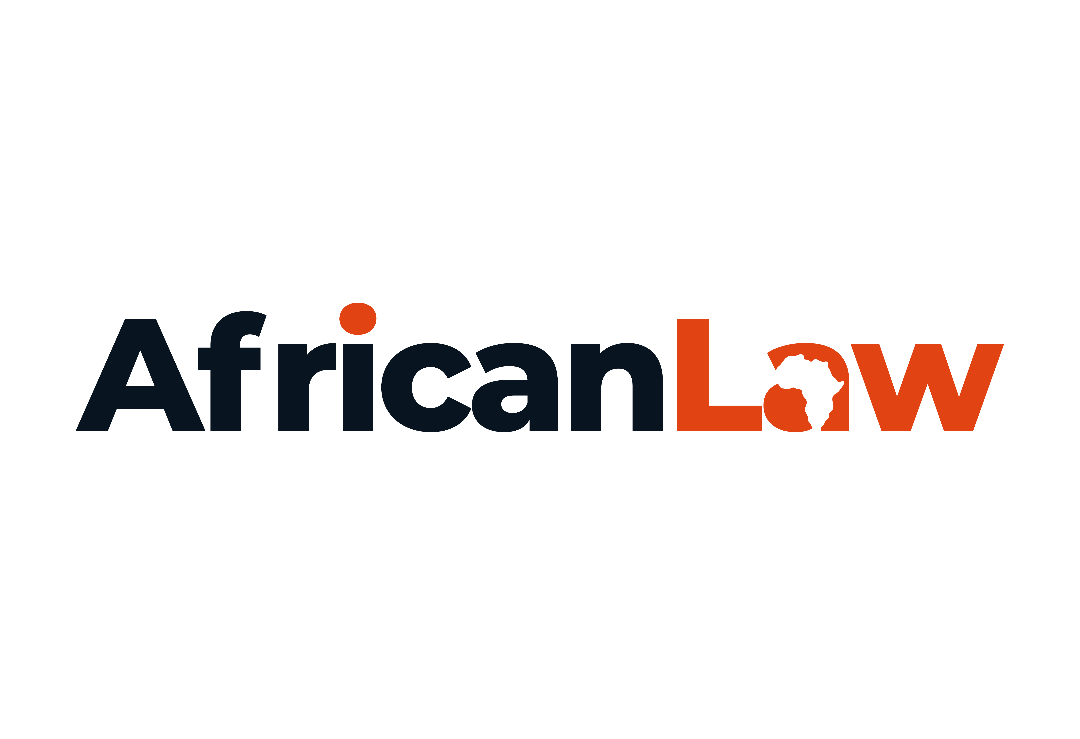Introduction
The formal examination of trademarks is an essential process to ensure that trademarks are not only unique and distinctive but also compliant with the various pieces of legislation governing specific industries. The laws outlined above protect consumers by ensuring that only licensed and authorized entities can use certain terms in their trademarks, maintaining the integrity of regulated sectors such as banking, insurance, alcohol, pharmaceuticals, and financial services.
Applicants seeking to register trademarks in these specialized sectors must be prepared to demonstrate compliance with the relevant legislation, providing proof of authorization where required. By adhering to these legislative requirements, businesses can ensure that their trademarks are legally sound and that they operate within the boundaries of South African law.
Below are some of the key Acts that are considered for the purposes of trademark examination in South Africa.
Banks Act 9 of 1990
The use of the word “bank” in a
trademark is highly regulated due to the nature of banking services. According
to the Banks Act, a business cannot use the term "bank" in its
trademark unless it is licensed as a bank or authorized to operate as such by
the South African Reserve Bank (SARB). Any applicant seeking to use
"bank" in their trademark must first obtain permission from the
Reserve Bank, which ensures that only licensed banking entities are permitted
to operate under the protected designation.
Insurance Act 18 of 2017
In the insurance industry,
trademarks that feature terms such as “assure,” “insure,” or “underwrite” must
comply with the Insurance Act. Specifically, these terms may only be used if
the applicant is a licensed insurer and has received approval from the Prudential
Authority. This regulation prevents unlicensed entities from misleading
consumers or claiming to offer insurance services without proper authorization.
Liquor Products Act 60 of
1989
For trademarks in Class 33
(alcoholic beverages), the Liquor Products Act mandates that any application
must be reviewed in consultation with the Wine and Spirits Board. This ensures
that the trademark complies with the legal regulations governing the production,
sale, and marketing of alcoholic products. Examiners will consider any
feedback provided by the board during the examination process to ensure full
compliance.
Financial Services Board
Act 97 of 1990
Trademarks that include
references to the “Financial Services Board” or the term “financial services
board” must obtain written permission from the Financial Services Board. The
act regulates the use of such terms to prevent unauthorized entities from misleading
consumers about their relationship with the regulatory body.
Financial Markets Act 19 of
2012
The Financial Markets Act is
another piece of legislation that plays a role in the trademark examination
process. Any trademark that incorporates the words “exchange” or “securities”
must be authorized by the Registrar of Securities Services. If the applicant is
not licensed or authorized under this act, they must seek approval from the
Registrar to use such terms in their trademark. This regulation aims to ensure
that only legitimate financial market entities use these terms, protecting
consumers from potential fraud or confusion.
Medical Schemes Act 131 of
1998
The use of the phrase “medical
scheme” in a trademark is strictly prohibited unless the business is registered
as a medical scheme under the Medical Schemes Act. This regulation safeguards
consumers and ensures that only legitimate, registered medical schemes can use
such terminology in their branding. Trademarks using this phrase must undergo
careful scrutiny to prevent unauthorized claims in the healthcare sector.
Pension Funds Act 24 of
1956
Similar to the Medical Schemes
Act, the Pension Funds Act prohibits the use of the term “pension fund” or
similar terms in a trademark unless the business is provisionally or finally
registered as a pension fund. This ensures that consumers are not misled into
believing they are dealing with an authorized pension fund provider unless the
entity has met the regulatory requirements set forth in the Pension Funds Act.
Medicines and Related
Substances Control Act 101 of 1965
In the pharmaceutical sector,
trademarks that fall under Class 5 (pharmaceuticals) must be examined in light
of the Medicines and Related Substances Control Act. During the examination,
the Medicines Control Council may be consulted to ensure that the trademark
complies with the council’s regulations. This ensures that the products
associated with such trademarks meet the necessary standards for safety,
efficacy, and quality.
Merchandise Marks Act 17 of
1941
The Merchandise Marks Act
restricts the use of certain symbols or marks in trademarks. For instance, the
national flag of South Africa cannot be used in a trademark without specific
authorization. Additionally, the Minister may issue prohibitions on certain
symbols or marks, which examiners must take into account when reviewing
trademark applications. This law ensures that trademarks do not misuse national
symbols or mislead the public.
Conclusion
The formal examination of
trademarks is an essential process to ensure that trademarks are not only
unique and distinctive but also compliant with the various pieces of
legislation governing specific industries. The laws outlined above protect
consumers by ensuring that only licensed and authorized entities can use
certain terms in their trademarks, maintaining the integrity of regulated
sectors such as banking, insurance, alcohol, pharmaceuticals, and financial
services.
Applicants seeking to register
trademarks in these specialized sectors must be prepared to demonstrate
compliance with the relevant legislation, providing proof of authorization
where required. By adhering to these legislative requirements, businesses can
ensure that their trademarks are legally sound and that they operate within the
boundaries of South African law.
Reference

















